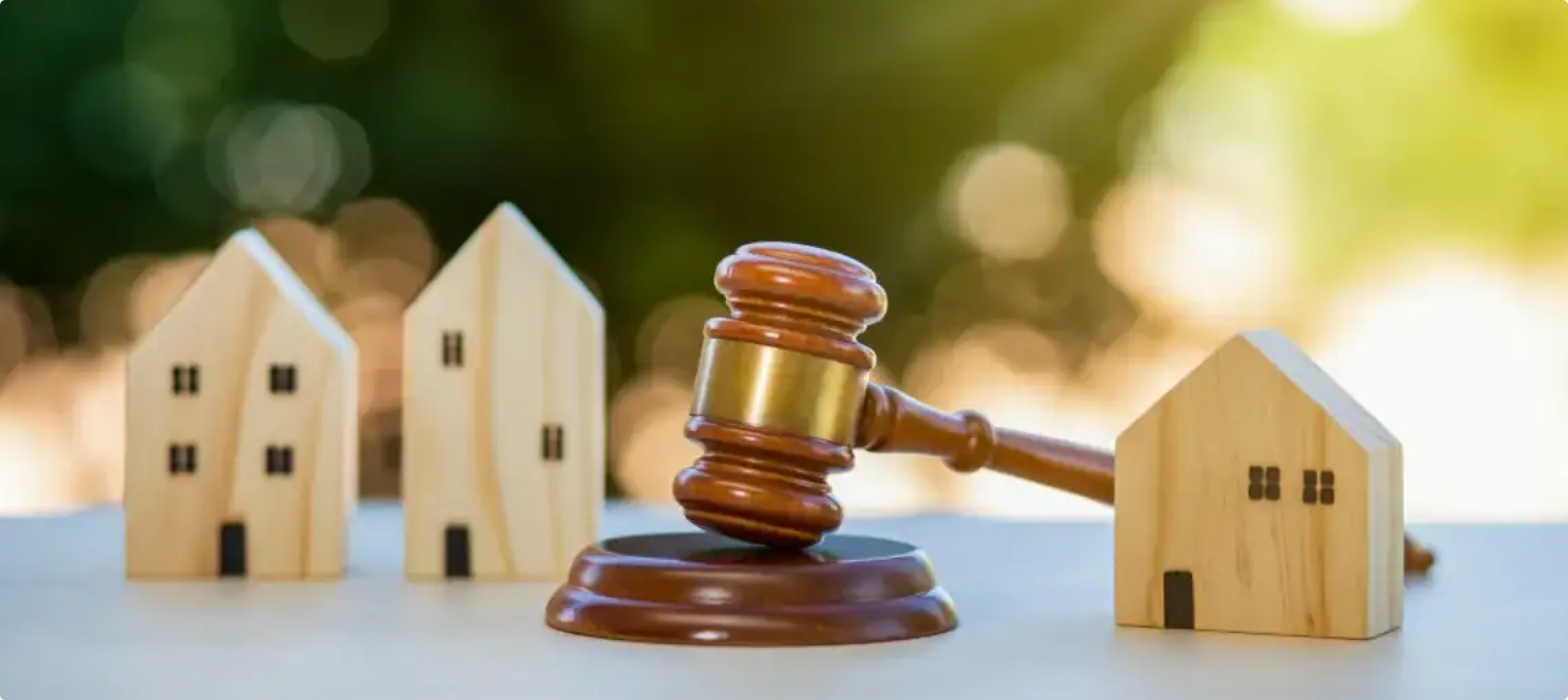3 min read
August 21, 2021

The insurance risks and liabilities associated with owning unoccupied property can be extensive. To ensure you are adequately protected, it is important to know the risks you confront. In addition to purchasing comprehensive insurance coverage, there are numerous preventive strategies for maintaining vacant property to reduce risk and liability.
There are a host of risks and concerns associated with owning vacant property. Vacant buildings are an obvious target for theft, trespassing and vandalism. For example, the rising cost of copper has given rise to an increase in the theft of copper pipes from vacant properties. In addition to any loss or property damage that may occur, keep in mind that the owner of a property can be held liable for criminal activities or accidents that take place on the premises.
In addition to that, vacant properties are susceptible to undetected damages, such as fire, water damage, electrical explosions, wind or hail damage, and mold. A study by the U.S. Fire Administration shows that around 30,000 fires occur every year in vacant buildings, costing $900 million annually in direct property damage. Many of these incidents occur in vacant buildings due to small, undetected maintenance issues (where someone in an occupied building would have recognized and handled the problem before it caused a larger loss).
In addition to extending coverage, there are some simple steps that owners of vacant property can take to limit their risk and liability.
Most insurance companies include a clause that the homeowner’s insurance will expire if a home is left vacant for more than 30 or 60 days (depending on the policy). This leaves the property owner financially vulnerable for all the risks previously noted. However, many insurance companies do offer vacant property insurance (also known as vacant building insurance or vacant dwelling insurance).
3 min read
August 21, 2021
2 min read
January 21, 2020
5 min read
January 21, 2020
Tell us about your property in 5-10 minutes.
Oops, looks like an email. Please write the address of the house you want to sale.
Enter your email address and we will send you a link to change your password.